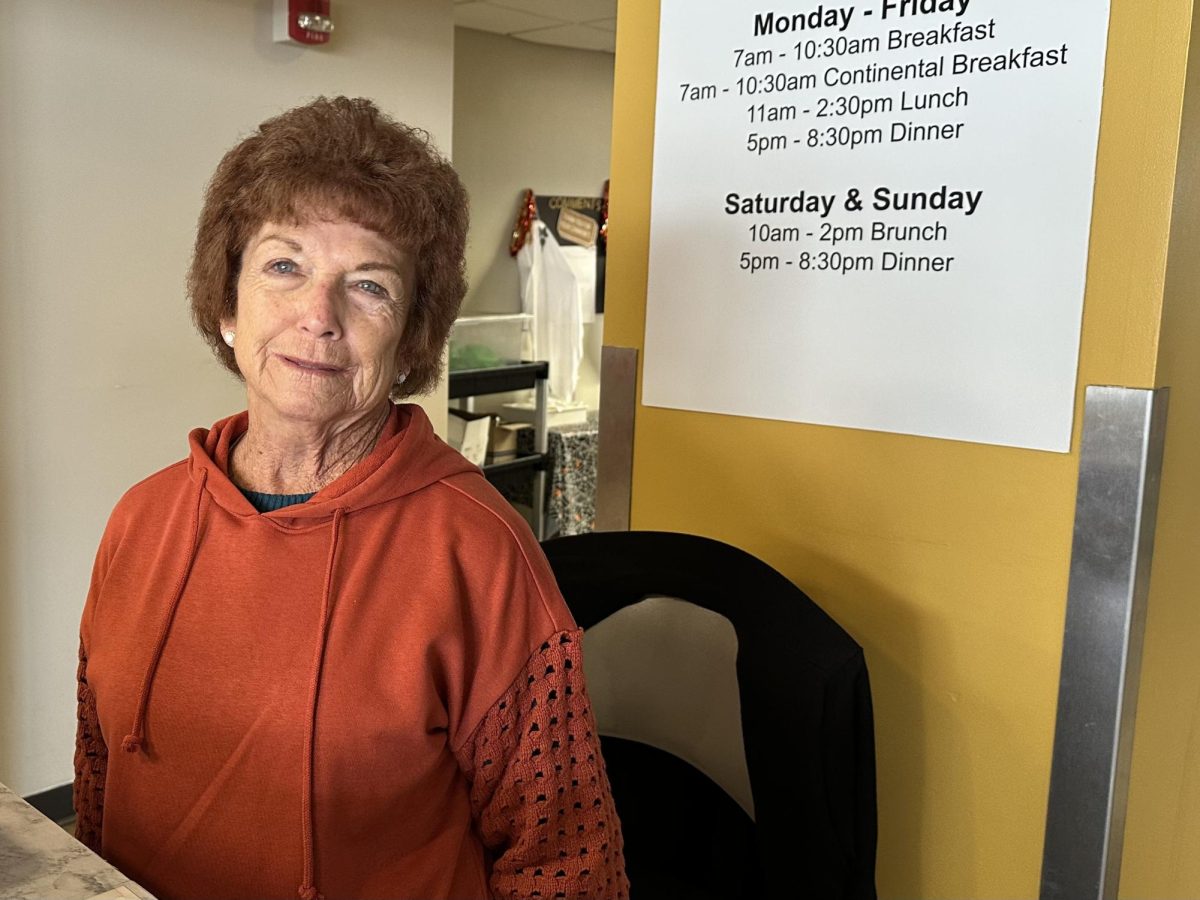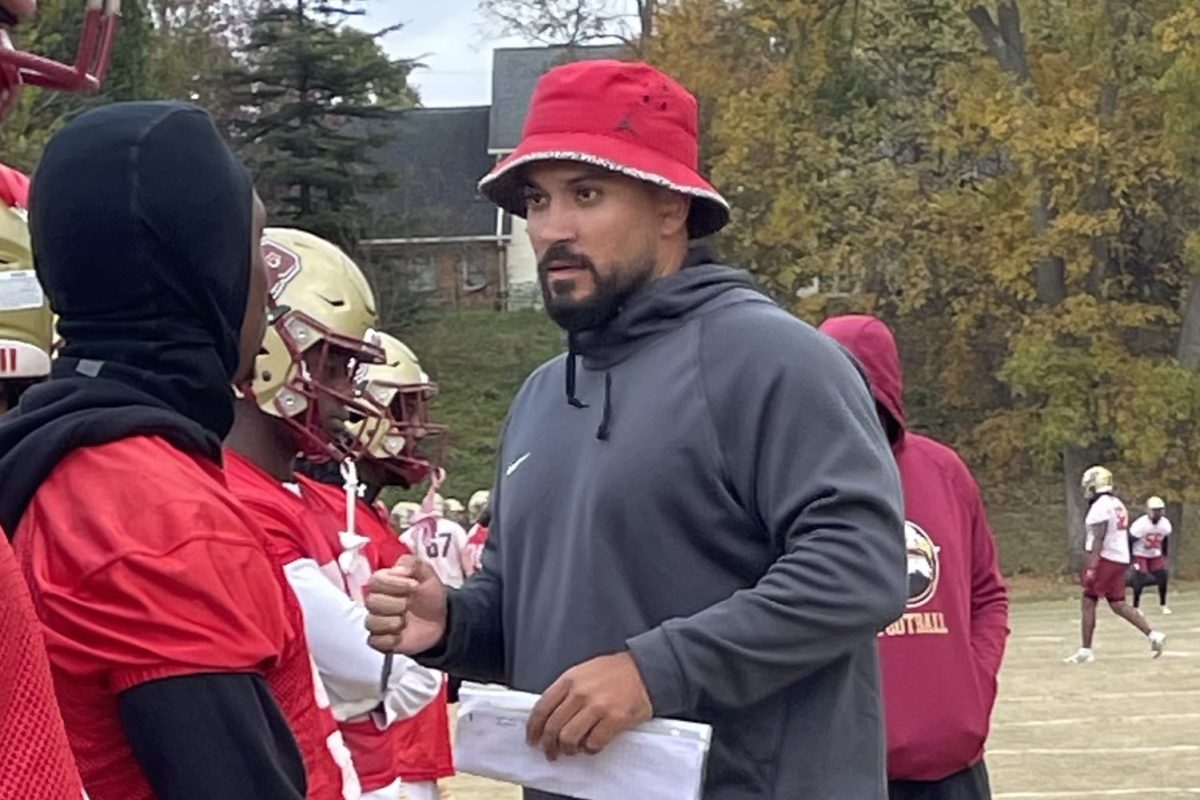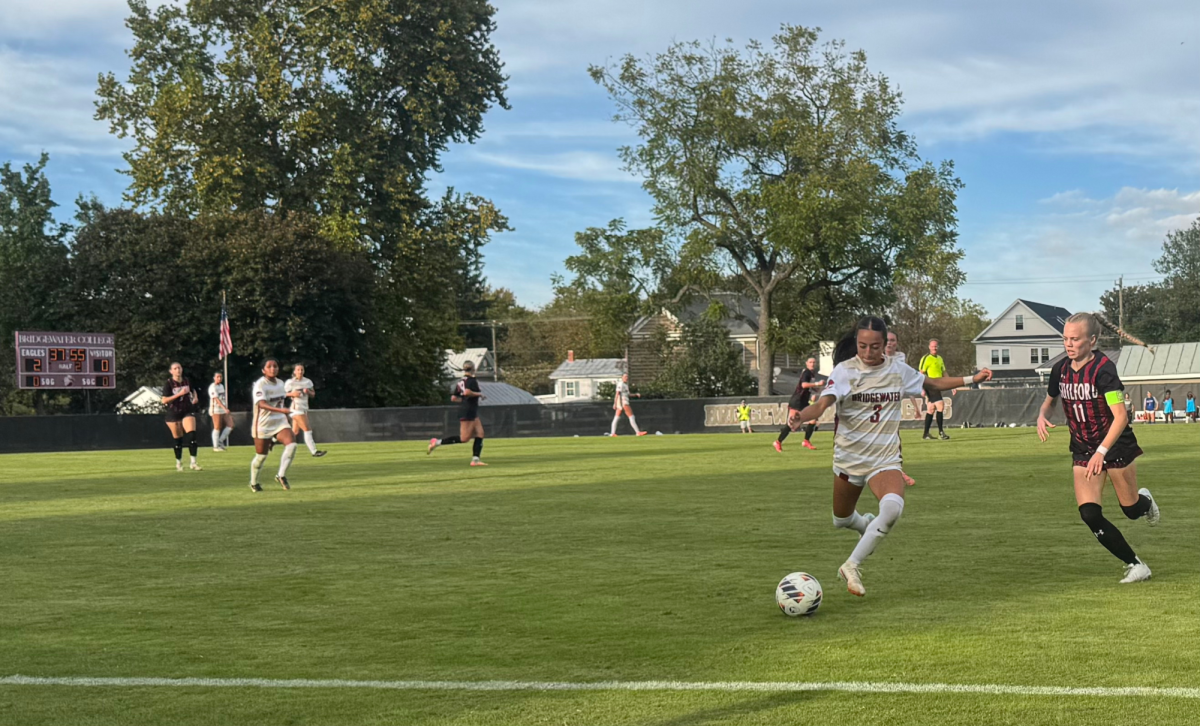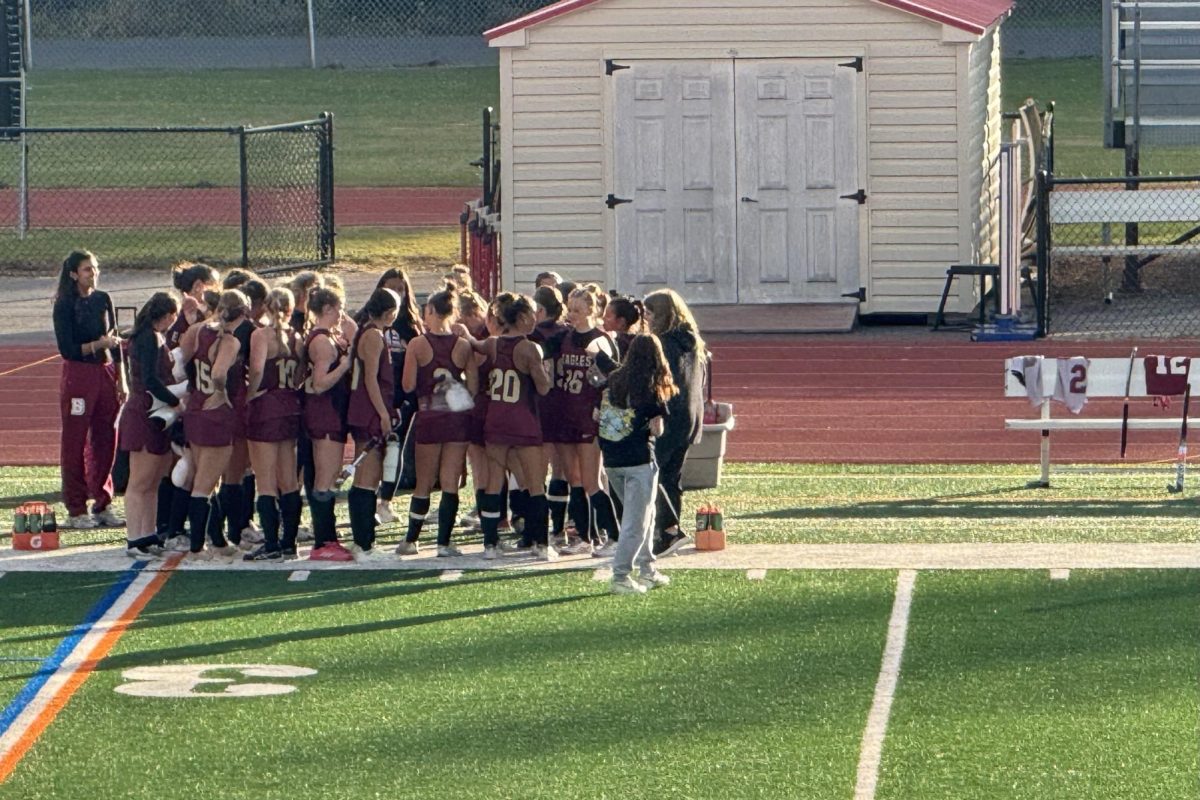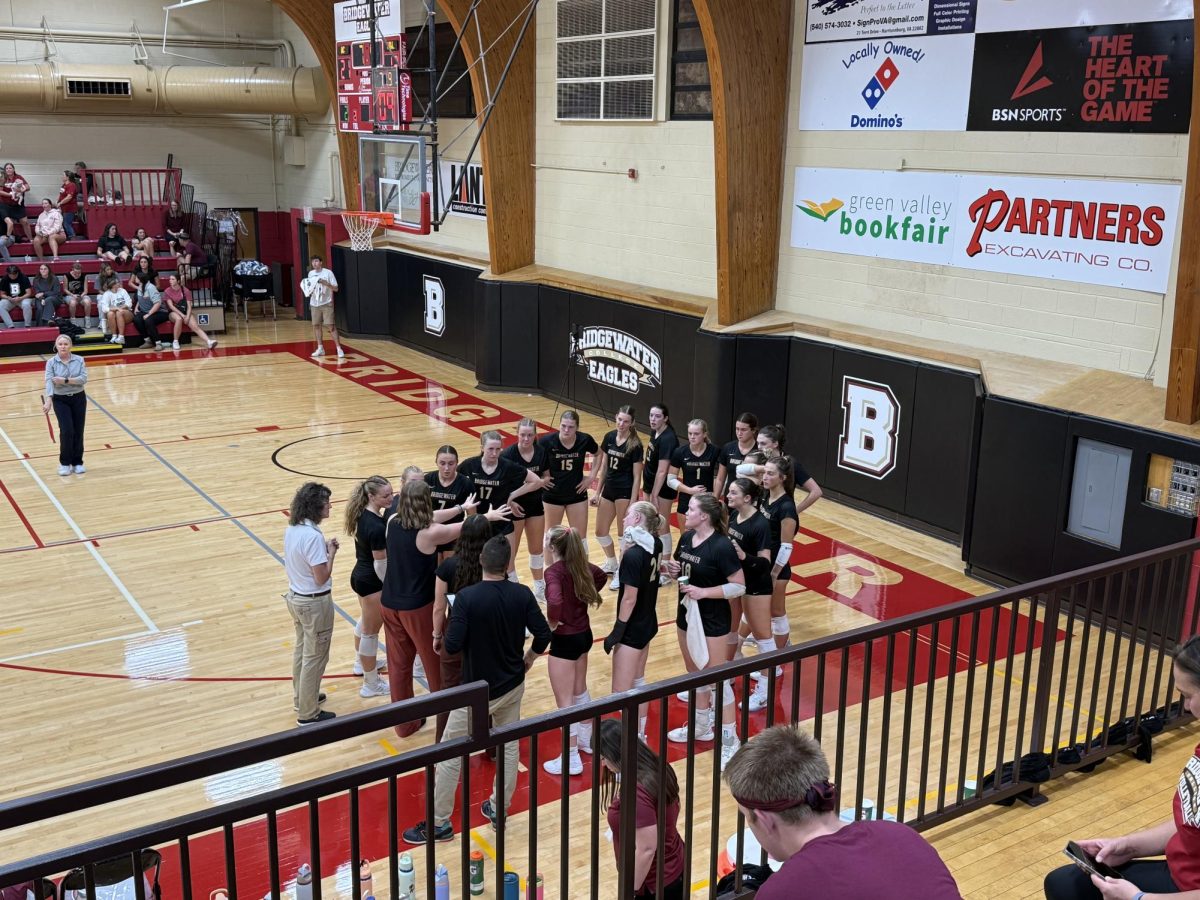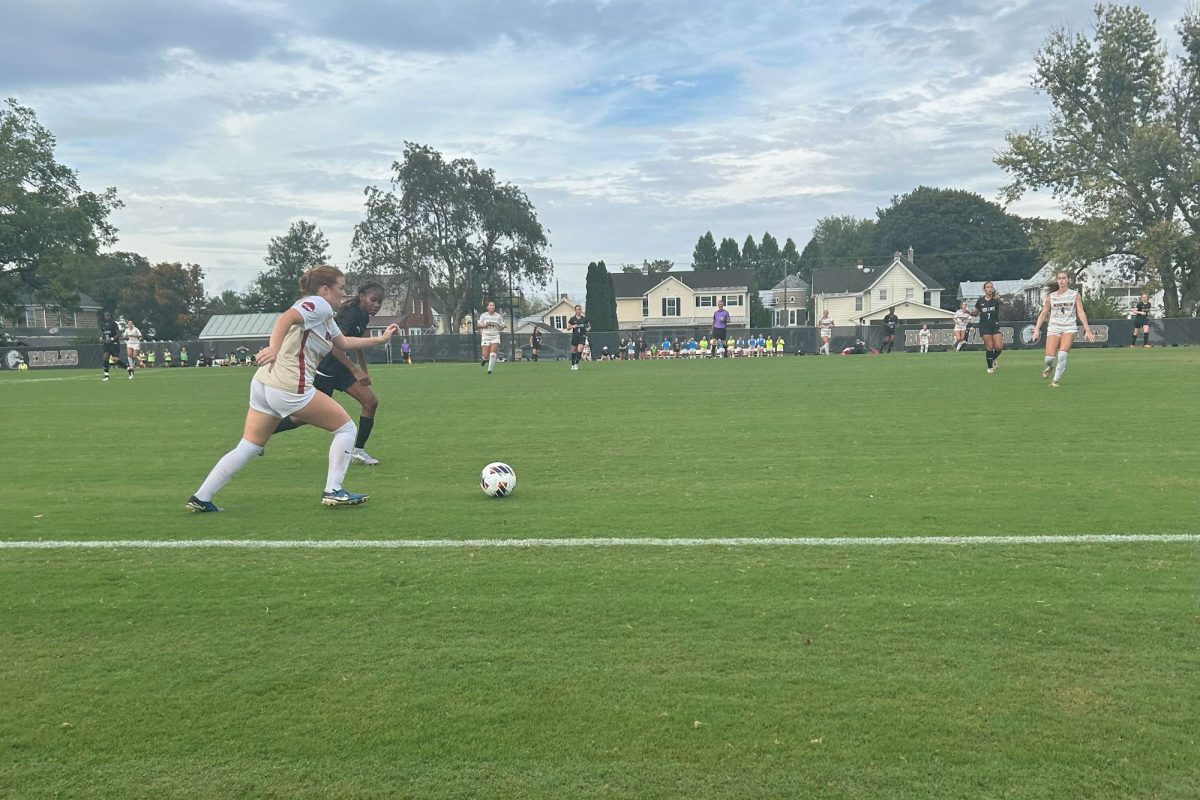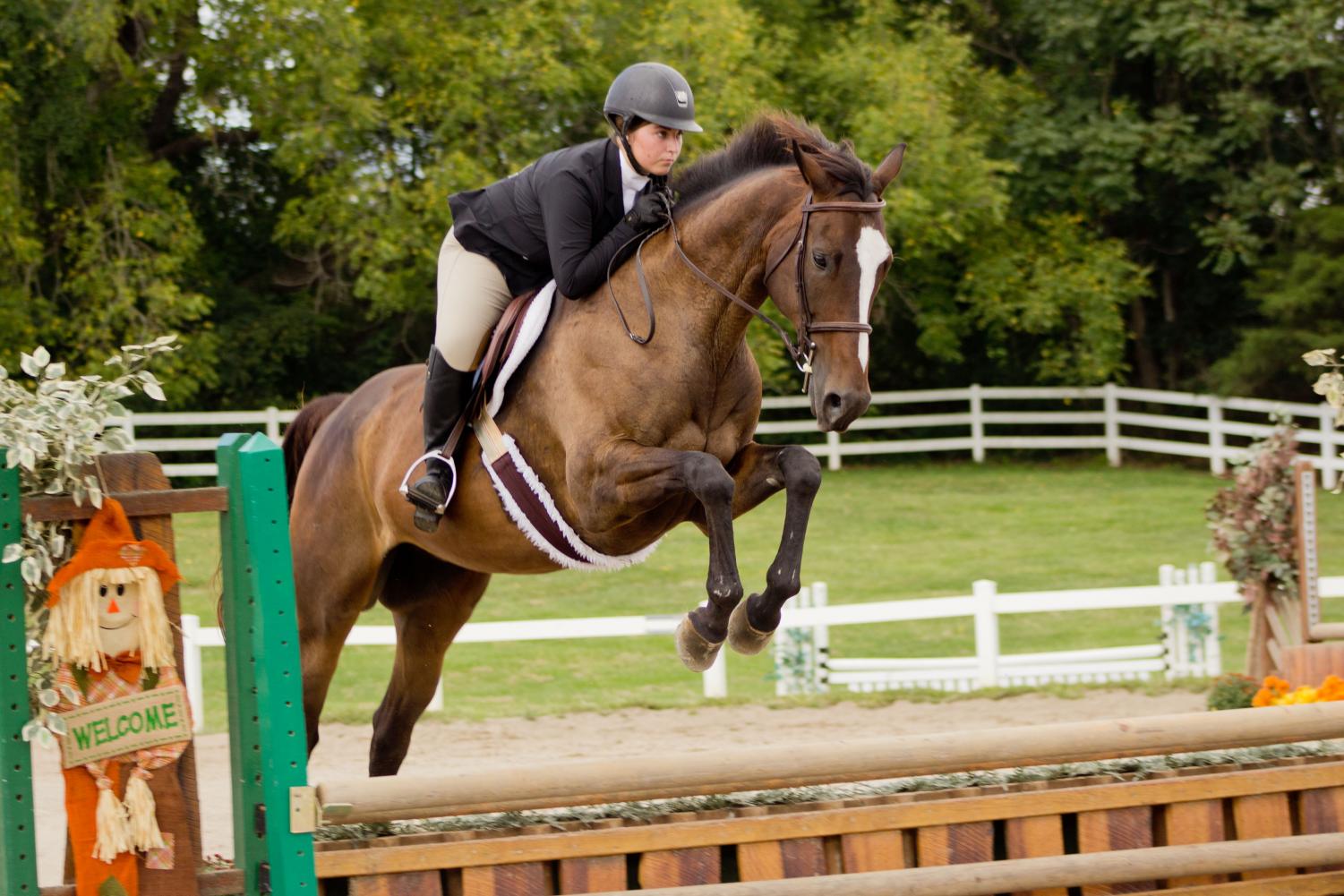Campus Reacts to SRA Equestrian Recommendations
Program Cuts Include Selling Facility and Reducing Team Size
October 20, 2020
Bridgewater, Va. – The Bridgewater College equestrian program is being recommended for downsizing as part of the Strategic Resource Allocation process, according to the SRA report that was released on Oct. 6.
The Decision
The SRA report recommends that the Bridgewater College Equestrian Center be sold and that the competition team compete in a different division at a smaller capacity. All program cuts are pending approval by the Bridgewater College Board of Trustees, who will vote on the recommendations at their November meeting.
“We wish we didn’t have to do it, but it’s simply a function of enrollment size, resources and trying to prioritize and allocate those resources for the best benefit of our students, current and future,” said Roy Ferguson, executive vice president of Bridgewater College. “But I know folks are disappointed.”
According to the NCAA, riding is on the Emerging Sports for Women list for Division I and II. This means that it is recognized as an up-and-coming sport that is working towards achieving “championship status,” which would put it on the same level as other varsity sports such as basketball and football.
Although there is not yet enough interest among Division III schools to have equestrian added to the emerging sports list at the D3 level, this seems to be the direction that the NCAA is headed, according to Ferguson.
The emerging sports list does not require schools to offer certain sports. However, once a sport achieves championship status it falls under Title IX policies, which often means that schools need to offer that sport.
So although an equestrian team at BC is not currently required under Title IX, the direction of equestrian at the D3 level suggests that in the future BC may be obligated to offer an equestrian team in order to stay Title IX compliant.
Ferguson also addressed the question of how much representation the equestrian program has had throughout the SRA process.
“The equestrian program had the same amount of representation that every other program did. The template that was prepared by each of the programs, academic as well as on the sports side, was prepared by the folks that run those programs,” said Ferguson.
No individual sports team had a representative on the support functions task force that evaluated each program’s template. Heather Grant, associate athletic director for sports medicine & performance, represented athletics on the task force, which was composed of thirteen faculty and staff members, representing a variety of non-academic programs across campus.
The Effects
Under the SRA recommendations, the new program will consist of a single team that competes with the National Collegiate Equestrian Association. The NCEA is the official NCAA equestrian competition organization.
Most of the schools that compete in the NCEA are Division I and II. There are currently four other Division III programs in the NCEA, including Sweet Briar College and University of Lynchburg, according to the organization’s website.
The new team will be female-only with 8-12 members. This new team will be an official varsity sport in Bridgewater College athletics and will receive full funding per NCAA regulations, according to Ferguson. This includes travel expenses and team gear.
The current equestrian program consists of three teams, as well as many students who take lessons but do not compete on a team.
The Intercollegiate Horse Show Association team typically has 18-25 members. This organization has multiple divisions for riders of varying abilities and the team competes against other colleges in the region.
The Intercollegiate Dressage Association has about 12 riders in four divisions.
The eventing team is open to anyone with previous eventing experience and usually consists of 5-12 riders.
There are also many students involved in the riding program who do not ride competitively. The riding program involves taking two lessons a week, one on the flat and one over fences, according to the BCEC website. In total, there are about 60-65 participants in the equestrian program who will be affected.
The Response
The equestrian club has started a petition to save the program, and, to date, has 2500 signatures, according to senior Cailyn Leo, a member of the IHSA team and vice president of the equestrian club. The club has taken several additional steps to raise awareness of the situation and to try to save their program.
“We are having alumni and current students send impact statements about what their time in the program has/had been and how it impacted their time at BC,” said Leo. “We have sent emails to multiple press sources, both locally and in the equine industry. Finally we set up a Facebook group to update alumni and current students in an organized way.”
“We really just want to know where is it that the program itself is causing this large deficit and how exactly getting rid of the program is going to solve the issue,” said sophomore Emily Nuthall. “Everything’s really up in the air. We don’t have a lot of stone answers quite yet, but we’re going to hopefully get some here soon.”
Nuthall shared that the equestrian team is concerned about having to find homes for the program’s horses and about the student jobs that will be lost once the facility is sold. The team also wants to know where the new team will be practicing and where equine studies minors will be completing their labs.
“It’s not just us that is on the chopping block,” said Nuthall. “I know that it’s not just us that are experiencing this confusion and trying to hold together as a community and I think that everyone together is going to have to be there for each other and try to make the best of it, and also try to see if there’s any possible way to save these programs that we really care about.”



